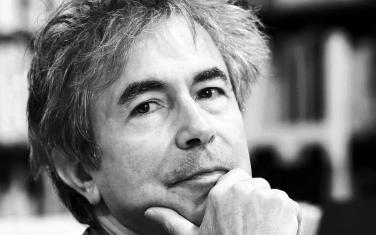
What is action when it is defined in terms of effectiveness? The European tradition understands effectiveness based on the abstraction of ideal forms which become models that are then projected onto the world and are established by the will as an objective that must be fulfilled. Therefore, every action begins with a plan, devised in advance, and its purpose is to adapt the means to the ends.
To our surprise, we discover that in the most remote of places, in China, there is a different concept of effectiveness, and one which is arguably more broad-minded, because it teaches us to allow the effect to happen; not to seek it, but to involve it, without concerning ourselves with the relationship between theory and practice, relying solely on the evolution of things, adapting ourselves in the clearest possible way to the world’s events.
Through a profound comparative analysis of the two starkly contrasting philosophies of experience of Europe and China, the philosopher and sinologist François Jullien will significantly broaden our cultural horizon, to the point of making us question whether our notion of effectiveness – from Aristotle to Machiavelli and Clausewitz – has been really well thought out, or if it is too limited or too rigid to capture the subtlety that the Chinese approach proposes or to allow reality to act on its own and in this way understand the true meaning of effectiveness.
Streaming: http://streaming.tabakalera.eu
What is action when it is defined in terms of effectiveness? The talk which is included in the programme " Kinaesthesia: logic of movement" will analyze the differences between European and Chinese traditions.
